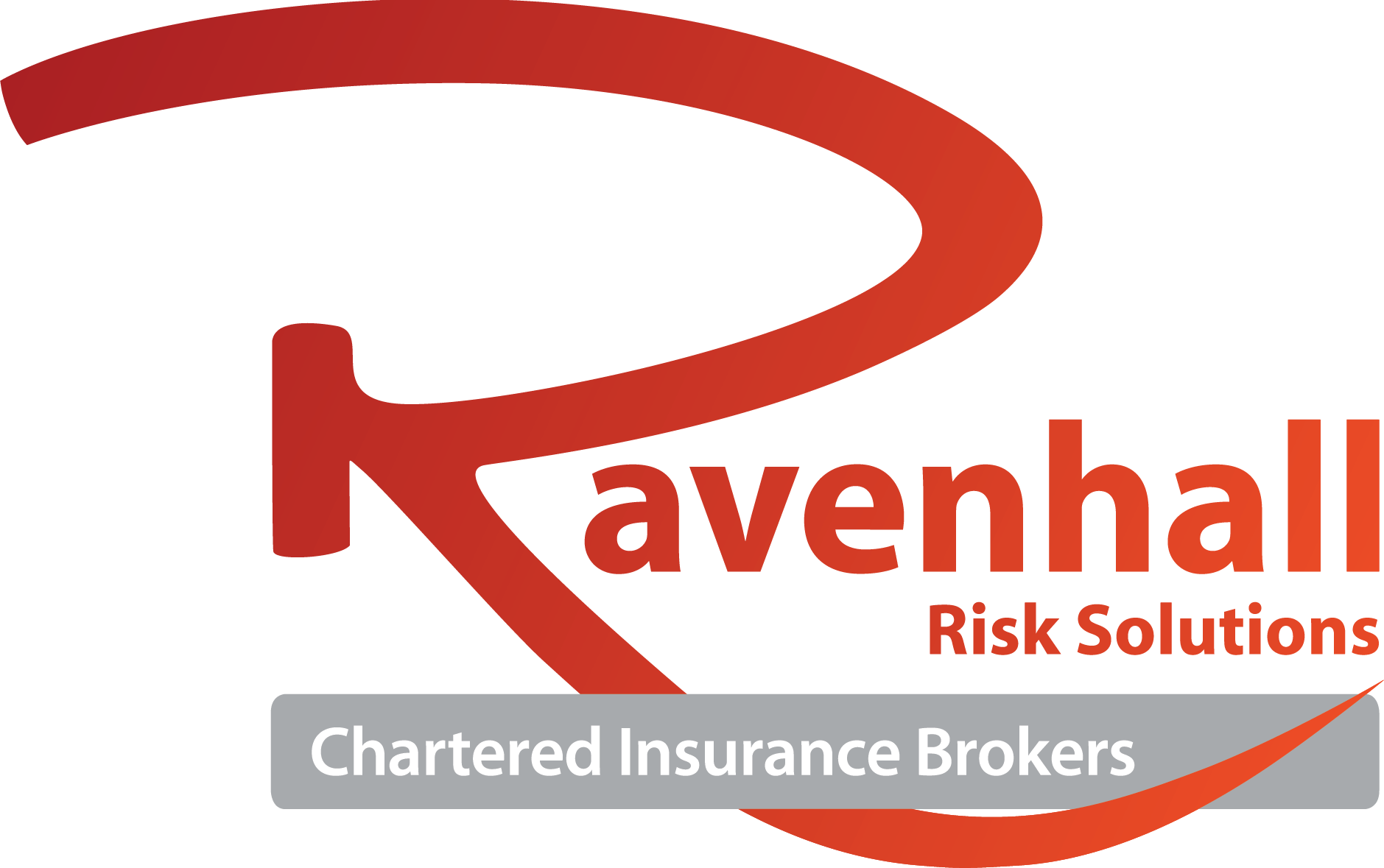

In honour of National Cyber Security Month, we felt it was important to highlight and share the top 5 cyber threats to UK businesses. Within this blog, we will share the steps that you should take to protect your business and employees.
Whether it’s for business or personal, most accounts that we create are protected simply with a username and a password. Some will be aware that these can be easily compromised by cyber criminals. Brute – force attacks are when criminals trial and error guessing people’s passwords. These cyber criminals will use personal information they’ve found online, such as the person’s favourite football team, pet or the name of their child.
To keep your information as safe and secure as possible, ensure you and your employees always have a strong, long password. The most secure passwords are lengthy, include different letters, numbers and symbols, and don’t reference personal information, which can be guessed easily. There are many free and paid for services which will allow you safely create and store complicated passwords – as we also recommend avoiding keeping track on paper!
Being manipulated by hackers through fake emails is a common way in which individuals experience hacking. Also known as phishing, this is the most cost effective and low-tech way to compromise sensitive data. Organisations must rely on a person’s ability to spot the signs of a phishing email, to prevent them from clicking on a piece of hacker material – even if it seems genuine. These cyber criminals are super intelligent and will find really convincing ways of prompting you to take action.
Redirection links to websites can also pose as a risk, as sometimes the websites are not genuine, instead they’re hackers trying to access your system by making you trust it. Therefore, making your personal details vulnerable.
You can prevent phishing scams by ensuring you have an email filtering system in place that detects and reduces the level of emails that don’t seem entirely authentic. It is also necessary to make sure your web browsers are kept up to date and protected, so they are more difficult to hack into.
Ransomware is the fastest growing threat that both large and small businesses face. Fast evolving malware software infect computers and mobile phones, quickly encrypting every data file it finds before displaying a ransom note demanding payment. By this stage, you’ll also be locked out of all your accounts and systems.
Should your business rely heavily on online or cloud-based systems, you may find it helpful to consider employing ethical hackers. Ethical hackers will test your system’s vulnerability to cyber hacks through fake testing, to help identify weaknesses it may have.
To prepare for a potential ransomware attack, you should regularly back up sensitive information and store it on an external serve. This way, in the event of an attack, you can restore your files easily, without having to deal with the hackers or pay any ransoms.
Malware is a common, simple method of cyber-attack that can reach businesses in several ways. Malware attacks usually target digital files and data by changing settings, permissions and blocking programmes from running.
If your systems don’t have adequate antimalware software, viruses can hack your systems and spread undetected throughout your device. The viruses can attach themselves to files and programmes to steal information. You should ensure all digital devices that connect to your physical can cloud-based systems have a high quality, malware software.
Malware is also commonly found on public Wi-Fi networks, where hackers can access systems connected to the Wi-Fi and compromise their data.
Poisoned attachment downloads are another vital thing to avoid when spotting the risks of a malware attack. As a business, you should ensure your employees are trained to detect an untrustworthy site, email, or document, to prevent downloading a dangerous file.
Finally, as specialists in business insurance, we would not be able to avoid mentioning the possible ways that you can insure and protect your business against an attack. As well as having strong cyber protections in place internally which prevent the risk of cyber-attacks, a cyber insurance policy is the best way to protect your business, should you become a victim of a cyber-attack. The increasing dependence on the internet means we are often exposed to threats we’re sometimes unaware of, especially with technology advancing at an alarming rate – all businesses should ensure a valid cyber security insurance policy is in place, to protect from any kind of cyber-attack.
This insurance can ensure that your business is protected against malware attacks, stolen data or ransomware.
As independent chartered insurance brokers, Ravenhall Group can assist you with further information regarding the correct cyber security cover for your business. Speak to a member of the team today by calling 0345 216 3000 , or click here to learn more about the different levels of cyber insurance.


Ravenhall Risk Solutions is a trading name of Jensten Insurance Brokers (Yorkshire & Humberside) Limited, which is authorised and regulated by the Financial Conduct Authority. Registered office: Salts Wharf, Ashley Lane, Shipley, West Yorkshire BD17 7DB. Registered in England No: 00371448.
View the Ravenhall Group Commercial Terms & Conditions and Consumer Terms & Conditions © 2023 Ravenhall Risk Solutions
